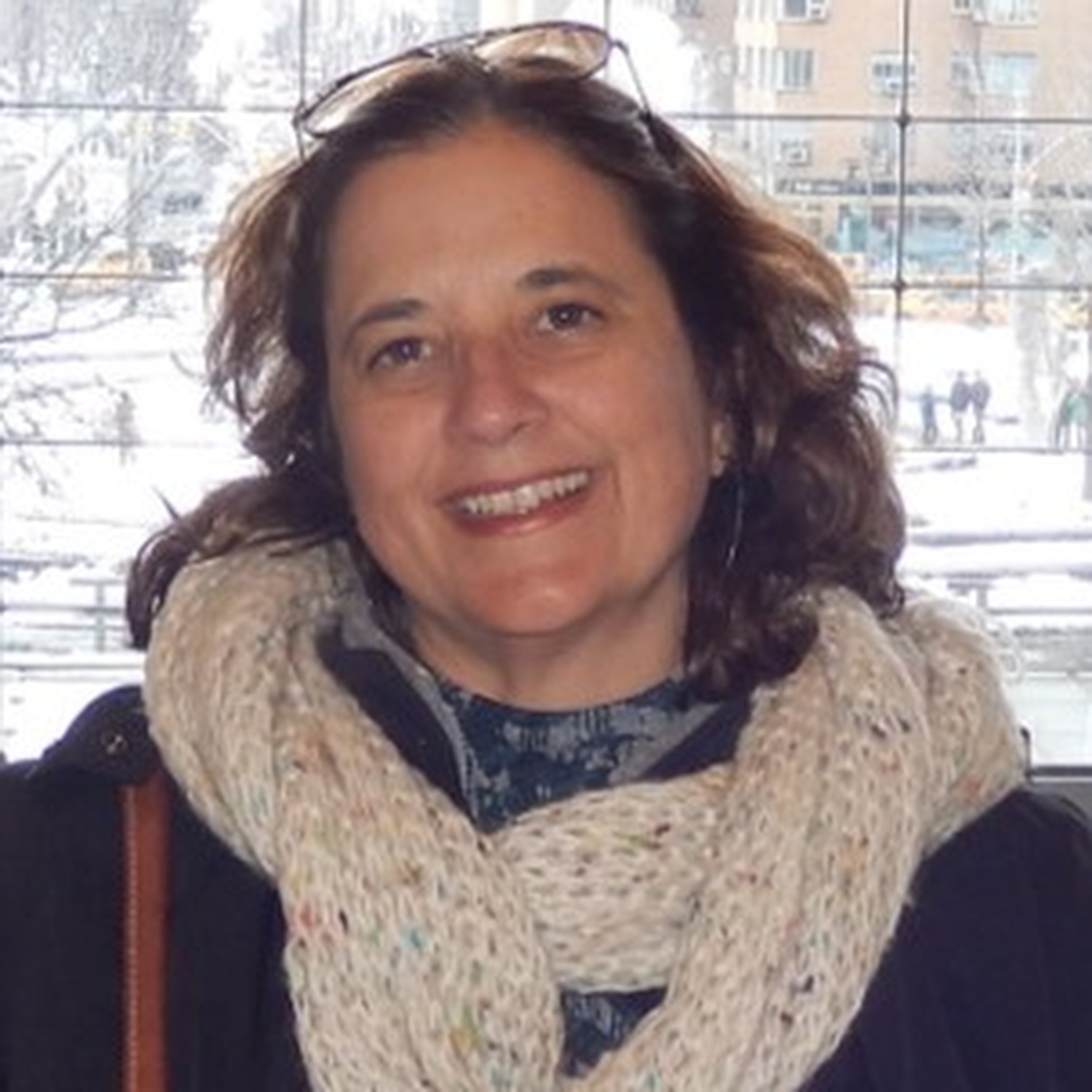For-profit higher education in Brazil: Strategies, movements and consequences
- Cristina Carvalho, Universidade de Brasília, Brazil
Event Materials
This event is now archived and we are pleased to provide the following event media and assets, along with the original event overview.
The main objective of this presentation is to analyse the growth of For-profit higher education institutions in Brazil, whose trajectory is explained by the adoption of business strategies and movements towards capital concentration and financialisation.
The Brazilian Higher Education system is very heterogeneous. The public sector is free and comprised of federal, state and municipality institutions. The private institutions can be non-profit or for-profit. In Brazil, the rapid expansion of the private HE began in the 1990s, mainly in the For-profit sector, which has followed the US trend. In 2019, there were 2.6 thousand institutions and 8.6 millions enrolments on undergraduate courses. In fact, 76% of enrolments, and 88% of all institutions are within the private sector.
The For-profit management strategies have been carried out in different ways: 1) transfer of ownership to foreign capital and Private Equity Funds; 2) cut administrative costs with staff, wages, and the number of qualified lecturers; 3) learning in a classroom environment has been replaced by online courses or blended learning; 4) adoption of corporate governance principles; 5) increased spending on marketing and technological innovation; and 6) mergers and acquisitions movements. Since 2007, the amount of mergers and acquisitions in education has occupied a prominent position among the Brazilian economic sectors. In 2018, the top twelve groups held about 45% of enrolments and 38% of net revenue of for the private sector.
The financialisation in Brazilian private higher education can be observed in two different movements: the acquisitions carried out by private equity funds and the opening of capital in educational companies (IPOs) on the Brazilian and the US stock exchange (Nasdaq). The mechanisms of raising funds through the capital market allow the time-intensive capitalization of resources to finance the acquisitions and mergers, aiming at large-scale growth. In the last few years, the publicly traded HE groups have started a new trend of mergers and acquisitions in basic education and medical courses; such diverse transactions have increased during the Covid-19 crisis.
The Ministry of Education does not regulate the capital concentration in education. This responsibility lies with the institution that regulates economic competition. Finally, the financial logic of the market and management strategies in higher education have had negative implications on the educational process and teaching conditions.
Event Materials
This event is now archived and we are pleased to provide the following event media and assets, along with the original event overview.

